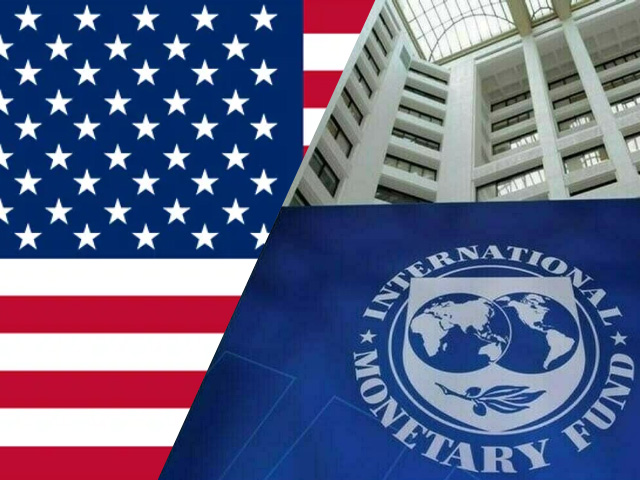
The International Monetary Fund (IMF) has issued a stern warning to the United States, highlighting that its significant fiscal deficits are not only propelling domestic inflation but also pose substantial risks to the global economy. Over the past two years, the U.S. has seen its fiscal deficit, as a percentage of GDP, virtually double—a development that has spurred increases in both output and inflation.
While this fiscal expansion has boosted employment and wages, it has also led to an increase in living costs, with many American workers struggling to afford basic necessities such as housing, food, and transportation. The unintended effect is that the inflationary pressures have partly negated the benefits of the fiscal stimulus.
Several factors contribute to the rising inflation. Import tariffs on Chinese goods have inflated prices in the U.S., given the lack of large-scale alternative suppliers. These tariffs have also shifted global production networks, ironically raising import prices further due to last-mile processing in alternative locations.
Additionally, the fiscal expansion has pushed some commodity capacities to their limits, leading to price hikes driven by speculation. This is exacerbated by U.S. sanctions against Russia, which, rather than curtailing prices, have contributed to economic difficulties in Europe, particularly in Germany.
The U.S. Federal Reserve has responded by maintaining high policy interest rates in an attempt to curb inflation. However, these high rates are unlikely to control inflation effectively, as the root causes include protective import tariffs and elevated profit margins among domestic firms.
Moreover, the high U.S. interest rates are having adverse effects globally, particularly in developing countries. These nations face the dilemma of either raising their own rates—which could slow economic growth and increase debt defaults—or risk destabilizing capital outflows and currency crises.
The U.S.’s fiscal policies, whether expansive or contractive, threaten to impact the global economy negatively. This situation underscores the decreasing influence of the U.S. as a producer and consumer in the global market, while its role in international finance remains significant. It highlights the need for a restructured international financial architecture to mitigate these challenges.




